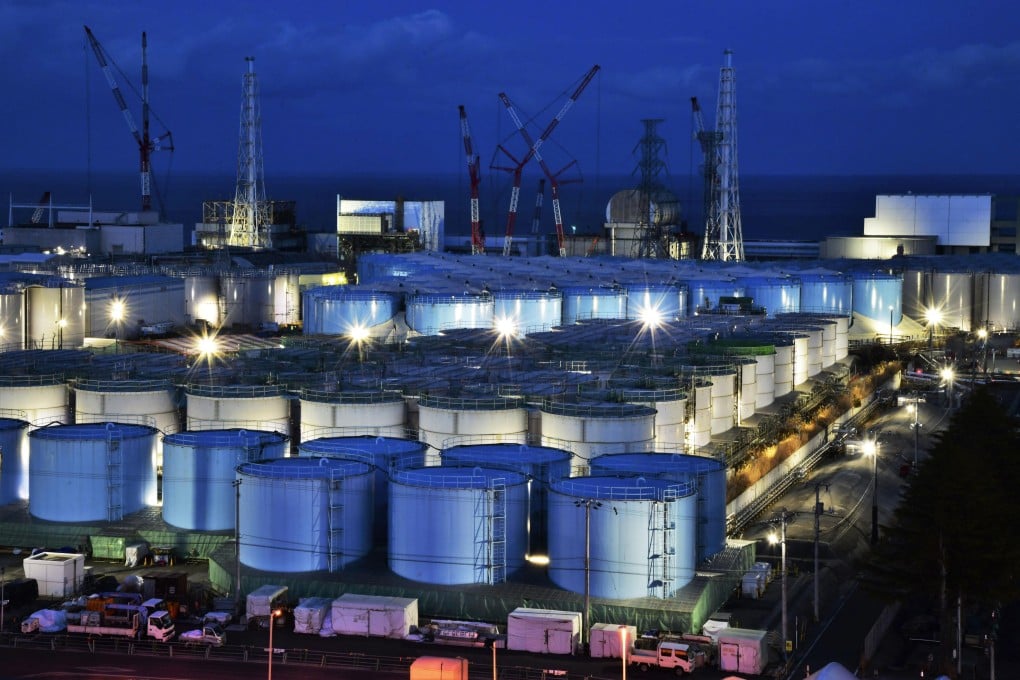Letters | Fukushima waste water dump: how Hong Kong can respond to ensure safety
- Japan’s massive disposal of treated radioactive water could contaminate Hong Kong’s seawater. Our fisheries and aquaculture sector must revise its regulations with new standards for the measurement of radioactive particles
- With seawater being used for flushing, additional measures may be needed to guarantee water safety

Japan’s fishing industry has strongly opposed this plan. The nuclear waste could also contaminate Hong Kong’s seawater. Our fisheries and aquaculture sector must revise its regulations with new standards for the measurement of radioactive particles. Supply costs for the fishing industry could increase significantly, while demand may shrink due to health concerns. The government should cover the increased costs related to safety through rebate allowances or similar policy measures.
Hong Kong has used seawater for flushing since the 1950s, and the government plans to extend this network. One immediate worry is that the use of seawater risks contaminating fresh water in the process of conversion, transmission and recycling. What additional measures should be introduced to secure water safety requires a quick response and the combined efforts of the industry, academics and policymakers.
